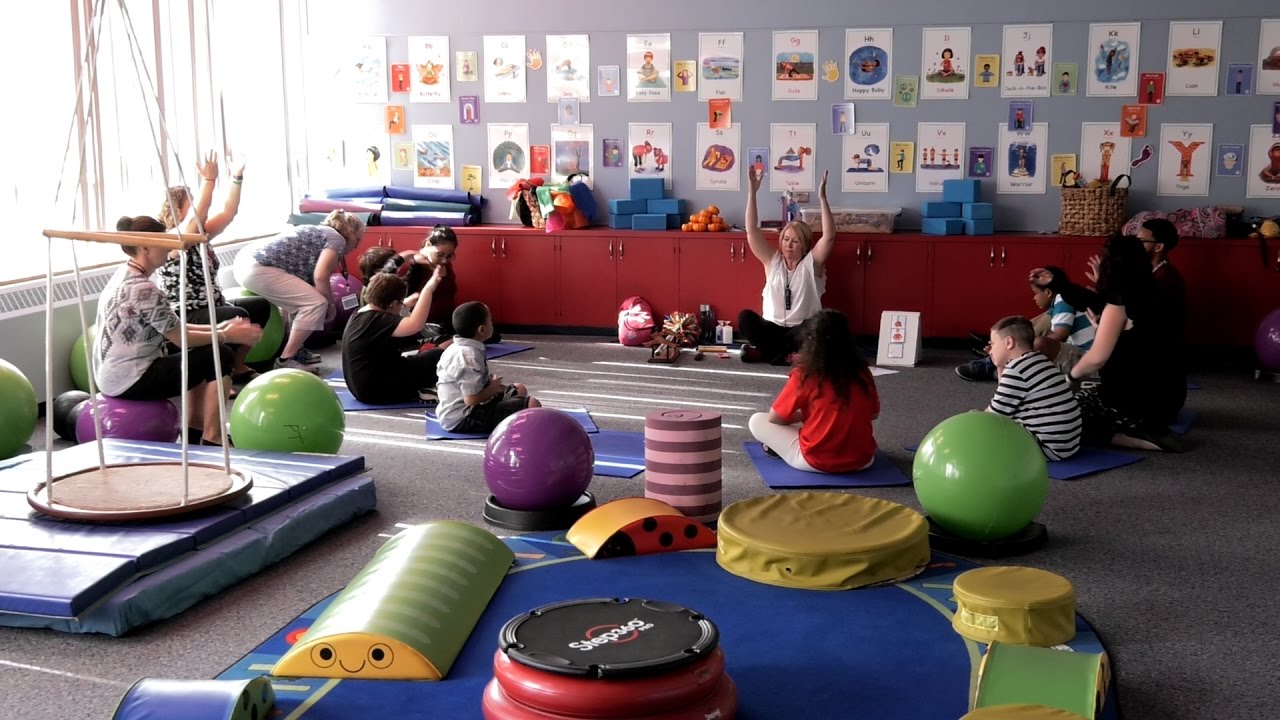Caring for a mentally challenged child requires patience, understanding, and a supportive environment. Here are some general guidelines that may help in providing care for a mentally challenged child:
- Educate Yourself:
- Learn about the specific condition or disability that the child has. Understanding their needs and challenges will help you provide better care.
- Establish a Routine:
- Children with mental challenges often benefit from routines as they provide a sense of stability and predictability.
- Create a Supportive Environment:
- Ensure that the child’s living environment is safe, comfortable, and adapted to their needs. Make necessary modifications to accommodate any physical or sensory impairments.
- Encourage Independence:
- Foster independence by allowing the child to do things on their own to the best of their ability. This can help build confidence and self-esteem.
- Effective Communication:
- Understand and use the most effective communication methods for the child. This may include verbal communication, sign language, visual aids, or assistive communication devices.
- Seek Professional Help:
- Consult with healthcare professionals, therapists, and educators who specialize in working with mentally challenged children. They can provide guidance on specific strategies and interventions.
- Socialization:
- Encourage social interactions with peers, siblings, and other children. Inclusion in social activities can contribute to the child’s overall well-being.
- Patience and Understanding:
- Be patient and understanding, as progress may be slow. Celebrate small achievements and provide positive reinforcement.
- Advocate for the Child:
- Be an advocate for the child’s needs, both within the family and in educational or healthcare settings. Ensure that the child has access to appropriate resources and services.
- Take Care of Yourself:
- Caring for a mentally challenged child can be emotionally and physically demanding. Take breaks when needed, seek support from friends or support groups, and prioritize your own well-being.
- Educational Support:
- Work closely with educators to ensure that the child receives the necessary support in school. This may involve individualized education plans (IEPs) or other accommodations.
- Promote Healthy Lifestyle:
- Encourage a healthy lifestyle, including proper nutrition, regular exercise, and adequate sleep, as these factors can positively impact overall well-being.
Remember that every child is unique, and what works for one may not work for another. Tailor your approach based on the child’s individual needs, abilities, and preferences. Additionally, don’t hesitate to reach out to professionals for ongoing guidance and support.











